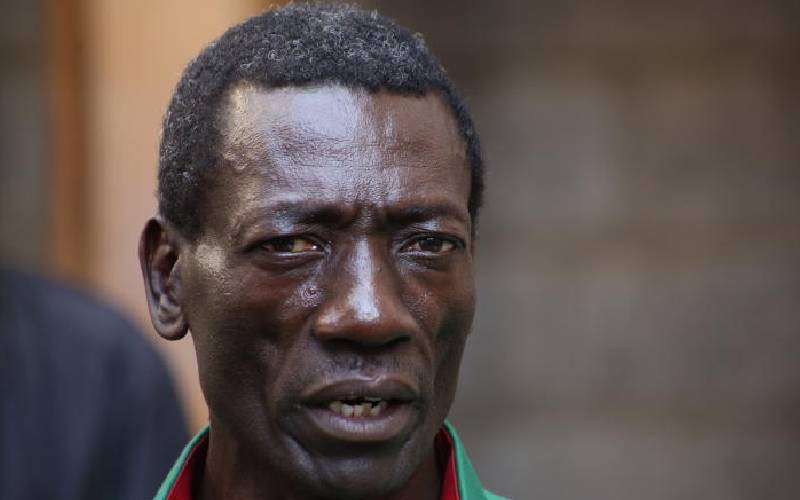×
The Standard e-Paper
Informed Minds Prefer The Standard

Audio By Vocalize

The rule of law is the legal principle that provides equity and openness for all individuals, communities and governments.
Under the rule of law, everyone enjoys the benefit of being treated equally and should be accountable in the event there is a contravention of the same. No one person, community, society, organisation or government is more important before the law than another. And so, it is important to be regulated by law.

